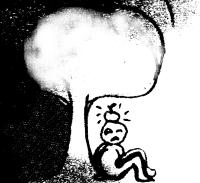Artikel,
Rydberg energies using excited state density functional theory
The Journal of chemical physics, 129 (12): 124112 (2008)
Zusammenfassung
We utilize excited state density functional theory (eDFT) to study Rydberg states in atoms. We show both analytically and numerically that semilocal functionals can give quite reasonable Rydberg energies from eDFT, even in cases where time dependent density functional theory (TDDFT) fails catastrophically. We trace these findings to the fact that in eDFT the Kohn–Sham potential for each state is computed using the appropriate excited state density. Unlike the ground state potential, which typically falls off exponentially, the sequence of excited state potentials has a component that falls off polynomially with distance, leading to a Rydberg-type series. We also address the rigorous basis of eDFT for these systems. Perdew and Levy have shown using the constrained search formalism that every stationary density corresponds, in principle, to an exact stationary state of the full many-body Hamiltonian. In the present context, this means that the excited state DFT solutions are rigorous as long as they deliver the minimum noninteracting kinetic energy for the given density. We use optimized effective potential techniques to show that, in some cases, the eDFT Rydberg solutions appear to deliver the minimum kinetic energy because the associated density is not pure state v-representable. We thus find that eDFT plays a complementary role to constrained DFT: The former works only if the excited state density is not the ground state of some potential while the latter applies only when the density is a ground state density.
